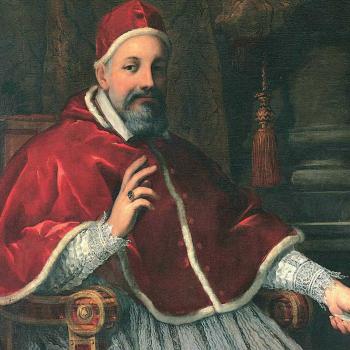Matthew 10:8: freely you received; freely give. The Twelve are not like the rest of Israel, lost sheep and oppressed. They have a shepherd, a good shepherd, the best shepherd, who summons, calls them, commissions them, heals them, sustains them, feeds them, cares for them. They have received all this as a gift, and Jesus says they are to give the same things in the same way they’ve been given to: Freely, abundantly, without expectation of return. Jesus is speaking... Read more




















